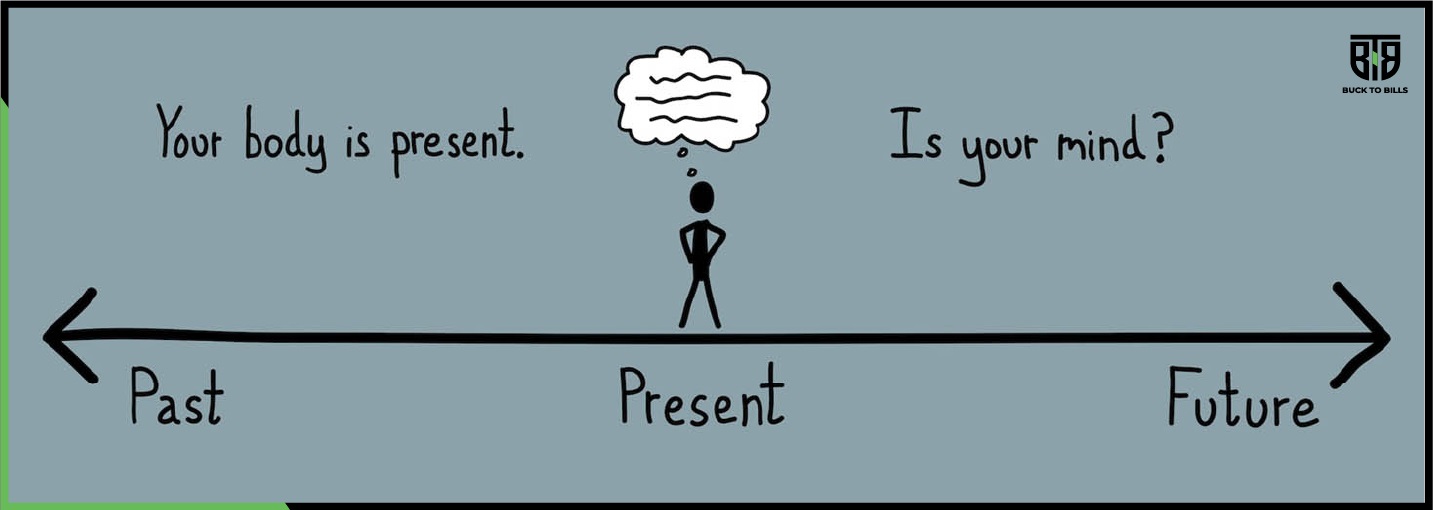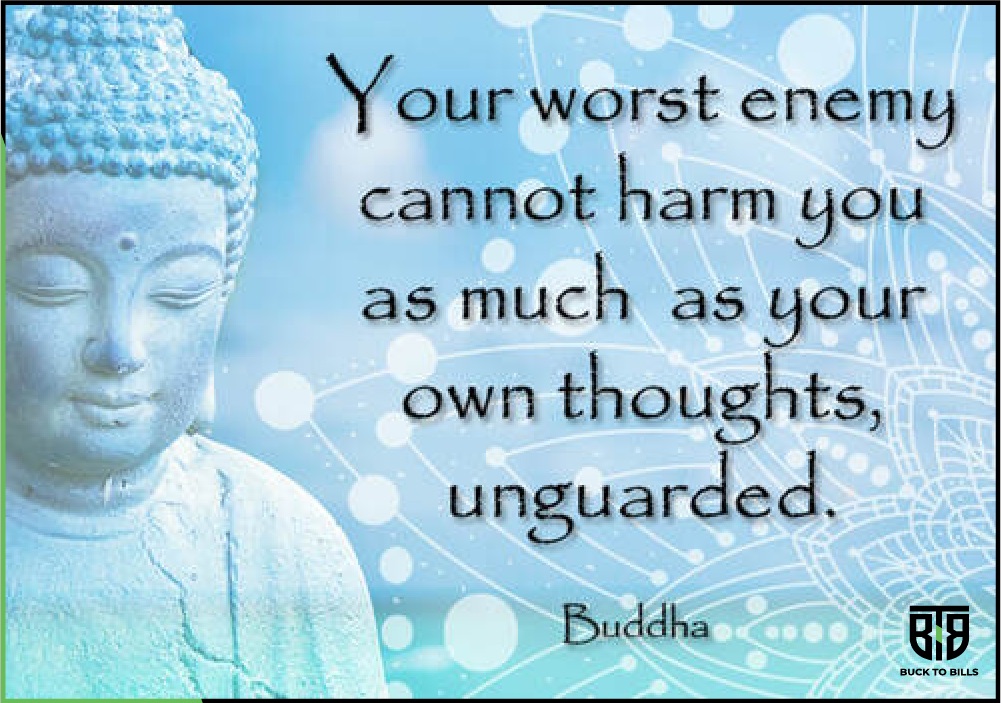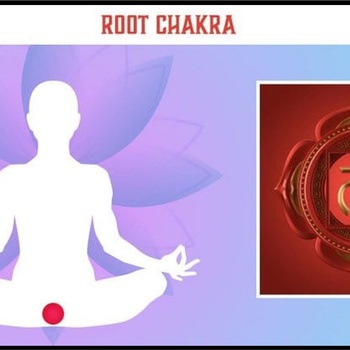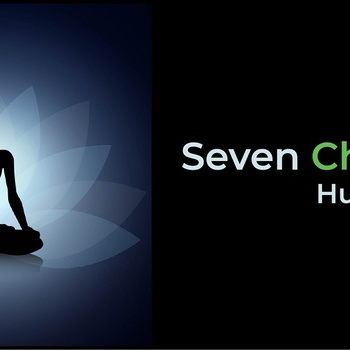You might have already heard enough about mindfulness or even started practicing it. The common thing most people know about mindfulness is it helps to cope with stress. But that is not all to mindfulness; there is a lot more. Today’s article focuses on mindfulness through all its dimensions to discover what else mindfulness offers and what exactly it is. Keep scrolling to get enlightened about mindfulness.
What is Mindfulness?
Mindfulness is the human ability to have control of the brain and fully present and aware of the present rather than getting overwhelmed or carried away by either past or future or any other scenario, for that matter. Of course, we all possess this trait naturally, but not in significant amounts. To attain mindfulness entirely, you have to practice regularly.
You are mindful whenever you control your mind, present and aware of what you are experiencing and feeling. Research states that mindfulness lays the path to increased cognitive ability.

What is Meditation?
Most often than not, people confuse mindfulness with meditation and mix up both meditation and mindfulness. But let me warn you, both are entirely different.
Meditation is not reaching a fixed ultimate destination. It is continuous exploring of your true self. How to practice mindfulness?
How to practice mindfulness?
Mindfulness helps us to evaluate the gap between our thoughts and actions. It helps us to break down conditional responses. Here is an essential guide to getting started with mindfulness:
- Mindfulness is a simple exercise, and you will need minimal available equipment to get started. You don’t have to buy a special meditation cushion, mat, or any costly special equipment. All you need is a peaceful place and some of your valuable time.
- Mindfulness doesn’t require you to attain a state of eternal calm like sages. All you need to do is to be present at the moment. Focus on the present, lean back, and pay attention to present moments, without judgments, without other thoughts, and with a blank mind.
- Distractions are bound to interrupt. Initially, it happens more often, but with practice, you will get a hold of it. If you notice judgments arising in your mind, take a mental note of them. Don’t let toxic or negative thoughts take over your mindfulness practice.
- The human mind gets carried away quickly as it stays idle, and the same thing happens while practicing mindfulness. But remember that you have to get back to the moment. Strive to return to the moment again and again. In a way, mindfulness is also called the practice of returning, as it involves fighting over your distractions.
- Don’t be hard on yourself for getting carried away. Just start recognizing whenever your mind gets carried away. Gently bring it back to the present moment.
That’s it, as simple as that. It may not be easy in the initial stages, but what doesn’t become easy with practice?
Benefits:
Regular practice of mindfulness is proved to help in the following areas:
- Mindfulness activity helps you develop an embracing attitude towards life. It helps you enhance focus and concentration. You will be less distracted and more present at the moment than earlier. People who practice mindfulness share that they are now less impacted by stress and other worries of life. They improve their capacity to deal with adverse events effectively than before. Focusing on present moments helps you get away with the past and the worries associated with it. You will also be less occupied with success, self-esteem issues, and other deep concerns.
- Most of the physical illnesses have their roots in mental health issues. If mindfulness is giving you mental health, isn’t it also giving you good physical health? If you are not motivated enough, improved health must be a driving factor for getting up and practicing mindfulness. Experts note that practicing mindfulness can help relieve stress, reduce the risk of heart diseases, chronic pain, blood pressure, and avoid insomnia. Therefore, dear friends, 5 minutes of mindfulness a day keeps the doctor away.
- Introspective activities daily can improve your creativity, reasoning, and logical skills. Mindfulness is known to boost neural pathways, further boosting flexibility, concentration, and focus.
- In recent decades, psychotherapists started to advocate the benefits of mindfulness for people suffering from anxiety, depression, and stress. There is no better way of calming your mind that is suffering from overwhelming negativity than mindfulness.
Mindfulness is an intense activity of self-awareness of the mind’s state of being. The human mind is vulnerable to distractions and numerous thoughts every single second. Mindfulness is the solution that you have been searching for to deal with your stressed life. Nothing is easy so is mindfulness. But practice makes a man perfect is the motto to go by. Keep practicing and keep simplifying your life.



















